Mozambique: Namibia's President arrives in Maputo for one-day working visit
CNE postpones acceptance of election candidates sine die
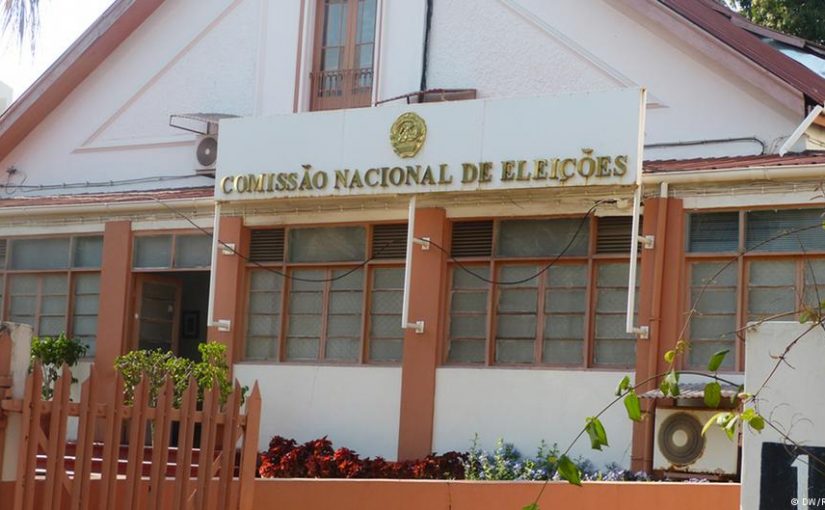
DW / File photo
Mozambique’s National Elections Commission (CNE) has postponed sine die the acceptance of nominations for the municipal elections scheduled for 10 October.
The period during which the competing parties, coalitions and citizens’ groups could deposit the nomination papers for their candidates should have started on Thursday. But on Wednesday, CNE spokesperson Paulo Cuinica told a Maputo press conference that no nominations will be accepted until a new municipal election law is in place.
“We don’t have a law”, said Cuinica, “but if we have a law today, tomorrow or after tomorrow, we will see whether it is possible to hold the elections by 10 October or not”.
The problem is that the electoral legislation needs to be altered to take into account the constitutional amendments on decentralisation that the country’s parliament, the Assembly of the Republic, passed in May. The key change imposed by the Constitutional amendments is that there will no longer be any direct elections of mayors – there will be just one ballot paper, for the municipal assembly, and whoever heads the list of the party or group that wins a majority of votes will automatically become the mayor.
The election law was to have been overhauled at an extraordinary sitting of parliament scheduled for 21-22 June. Parliamentary deputies from all over the country arrived in Maputo for the sitting, but less than 24 hours before it was due to start, the Assembly’s governing board, its Standing Commission, postponed it.
The parliamentary group of the ruling Frelimo Party insisted on the postponement, arguing that the decentralisation now enshrined in the Constitution was only one part of the package being negotiated between the government and the opposition party Renamo. The other part was the demilitarisation of Renamo.
Prior to the unexpected death of Renamo leader Afonso Dhlakama on 3 May, he and President Filipe Nyusi had been discussing the terms of the disbanding and disarming of the Renamo militia, and the integration of its members into the defence and security forces, or back into civilian life.
Both men claimed that progress was being made – but after Dhlakama’s death there was no further advance. None of the Renamo fighters have been demobilised and no Renamo weapons have been handed to the authorities.
To the evident surprise of Renamo, the Frelimo parliamentary leadership declared that, if there was no sign of any Renamo demilitarisation, then there would be no extraordinary sitting of the Assembly. Renamo retorted that the military questions could not be decided by parliament but were strictly a matter for discussion between Nyusi and the man who is now Renamo’s national coordinator, Ossufo Momade.
Both sides have dug their heels in, with neither making any concessions over the past fortnight. As days turn into weeks with no new electoral law approved, the electoral calendar becomes ever tighter, with a clear risk that it may prove impossible to hold elections on 10 October.
Cuinica admitted that the calendar is now “disrupted”. He claimed the CNE had no option but to wait for the law to be amended, and then rethink the entire calendar.
The CNE has thus rejected the suggestion that it should carry on with accepting nomination papers and other preparations, in the hope that this would put pressure on Frelimo and Renamo to reach a solution.
Ever since Mozambique adopted political pluralism, in the Constitution of 1990, it has been able to hold elections regularly and on time. But now this record is under threat. The country is in uncharted waters: the terms of office of all the current mayors and municipal assembly members expire in early 2019, and it could be argued that for mayors to remain in office beyond that deadline would be illegal.


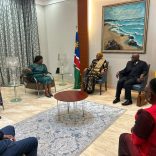

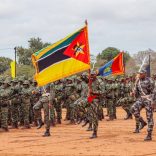
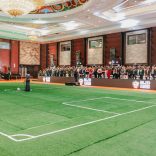
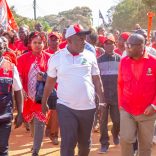
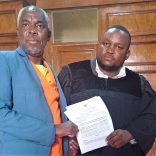




Leave a Reply
Be the First to Comment!
You must be logged in to post a comment.
You must be logged in to post a comment.